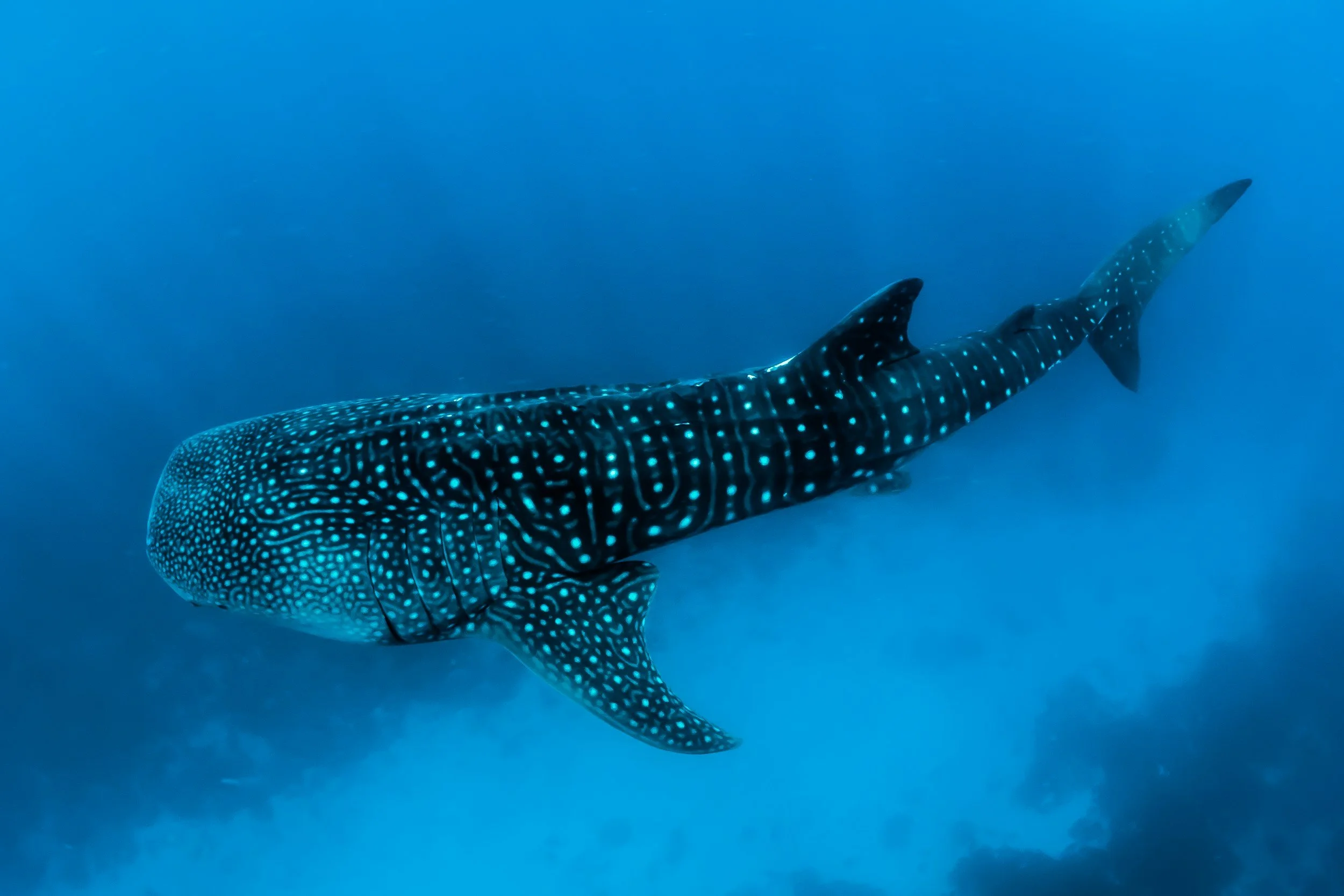
From the Mountains to the Sea
We’ll help you tell your stories
Who we are
At Green Flash Conservation Science, our goal is to be a flash point of change and serve as a model for integrating scientific expertise, the spirit of exploration, respect for historical data, and the incorporation of local knowledge to uncover the connections between the human experience and the environment.
We work at the intersection of science, exploration, conservation, and storytelling to understand how human activity is reshaping critical ecosystems. By integrating historical records and local knowledge with new biodiversity data we collect in the field, we amplify the voices of place, creatures, and people—helping drive lasting protection for these environments and the communities that depend on them.
Driven by curiosity and compassion, Green Flash Conservation Science was created to conduct ecological studies in the places that need it most and to tell the compelling narratives from the field that raise awareness, foster emotional connection, and inspire collective action to safeguard these places.
This form of environmental science and conservation is unfortunately a dying art. We hope to revive this scientific return to nature exploration and storytelling through inspirational documentaries, nonfiction books, blogs, and educational resources.
A Different Way To Do Science
Like the beginning of every great story Green Flash Conservation Science was born out of years of frustration and struggle and deep personal reflection. We are currently an informal collection of scientists aiming to find a way forward in a world of environmental catastrophe and turbulence.
Our organization seeks to work with dedicated scientific professionals and amateurs who have ideas for scientific expeditions that do not fit well within the confines of modern research establishments or funding mechanisms.
Green Flash Conservation Science seeks to exemplify how meaningful and rigorous science can be conducted by bringing ecological science back down to earth through immersive field exploration, co-creating with local experts, respect for traditional knowledge, engaging storytelling, compelling art, and independent funding.
Within ecological science, we have witnessed the emphasis on field research and lived experiences whittled away by growing emphasis on modern computational modeling and AI. While technological advancements can offer powerful insights into our complex world, this growing physical and philosophical disconnect between modern researchers and the natural world we seek to understand is a detriment to the environments we are all working to conserve and protect.
Green Flash Conservation Science was founded by Dr. Rebecca Trinh to infuse modern scientific research with an ethos of exploration, connection, and artistic storytelling that seems to have been lost along the way.
Started in June 2025, after realignments in government priority and cuts to the federal workforce left her without a job, Dr. Trinh founded Green Flash Conservation Science in an attempt to prove that important science and meaningful change can be enacted outside of the confines of academic and government institutions through partnerships, creative collaborations, and alternate funding.
Dr. Trinh created Green Flash Conservation Science to fill a void left by most modern science—bringing back art, storytelling, and human connection.
Our first project is to retrace the historic steps of novelist John Steinbeck and biologist Ed Ricketts through the Sea of Cortez after almost a century of change. Our aim is to collect field data the way Steinbeck and Ricketts did: directly, with boots in the mud and eyes on the tide pools, armed with insatiable curiosity and surrounded by adventurous colleagues.
In the end, our goal for this and future expeditions, is to directly observe animals, plants, and rocks in their natural habitats to understand how these vital ecosystems are changing and tell the stories of the creatures and people we meet along the way to inspire lasting conservation.
“It is advisable to look from the tide pools to the stars, and then back to the tide pools again.”

Support our growth
Contact us
Interested in working together? Fill out some info and we will be in touch shortly. We can’t wait to hear from you!




